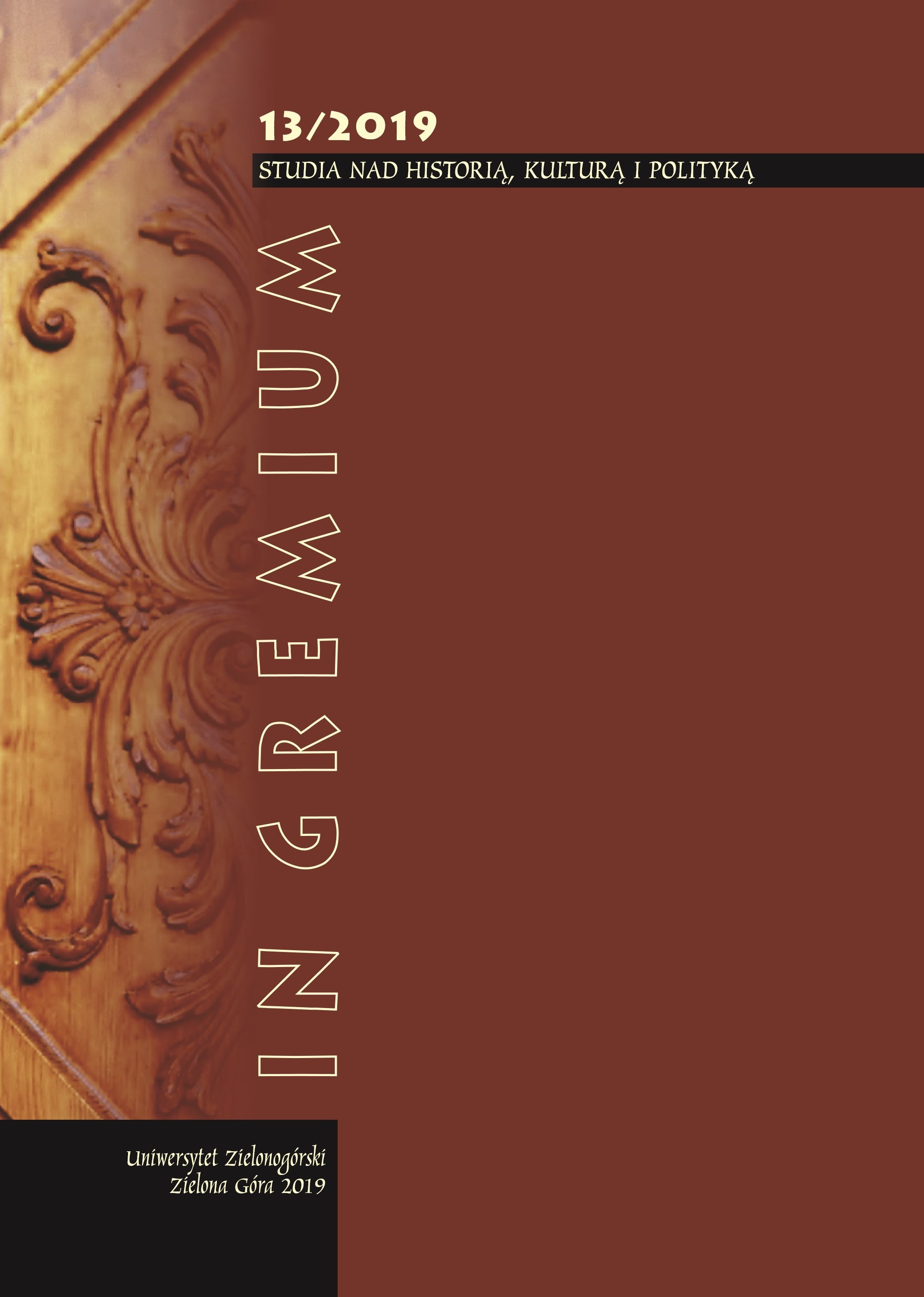Abstract
It cannot be denied that English has a special status in today's world, being used in international communication in both professional and private life. In order to have an insight into how the influence of English on other languages and its role in creating global awareness are indeed perceived, a study among Polish and Lithuanian university students was conducted. Answers to the questions included in the survey are presented in a comparative Polish – Lithuanian key in order to trace similarities and differences between the respondents in two European countries which joined the European Union in 2004 and has been fast developing since then.
The study is a starting point in a discussion on practical implications for higher education stemming from the results of the research as it is believed that educational institutions are expected to respond to today’s world’s requirements and students’ expectations related to their future professional and private life.
References
CONCORD Statement on Development Education and Awareness Raising (2004) Retrieved from: http://www.deeep.org/index.php?option=com_content&view=article&id=55&Itemid=55
English as a second language: Who in Europe speaks it best? (n.d.) Retrieved from: https://www.europelanguagejobs.com/blog/english-who-speaks-it-best.php.
European Parliament. Development education and active global citizenship: Declaration of the European Parliament of 5 July 2012 on development education and active global citizenship. (2012). Retrieved from: http://www.europarl.europa.eu/sides/getDoc.do?type=TA&language=EN&reference=P7-TA-2012-302
Fusco, F. (2008). Che cos’è l’interlinguistica [What interlinguistics is]. Roma: Carocci Editore.
Giddens, A. (2004). Socjologia. Warszawa: Wydawnictwo Naukowe PWN.
Görlach, M. (2007). English in Europe (Ed.).Oxford: Oxford University Press.
Guide for the development and implementation of curricula for plurilingual and intercultural education (2010). Retrieved from: http://www.coe.int/t/dg4/linguistic/guide_curricula_EN.asp.
JT Europos ekonomikos komisijos darnaus vystymosi švietimo strategija [Strategy of Education for Sustainable Development of the United Nations Economic Commission for Europe] (2005). Retrieved from: http://www.smm.lt/uploads/documents/darnus-vystymas/Jungtines_tautos.pdf
Kapica-Curzytek, J., Karczewska, M., & Sharp, R. The Phenomenon of Global English in the World of Interactive Online Entertainment (in press).
Karczewska, M. (2017). Global English teaching at university: implications for higher education. Studijos - verslas - visuomene: dabartis ir ateities įžvalgos: International Conference proceedings, 55-62.
Karczewska, M. Wpływ języka angielskiego na język polski jako przedmiot rozważań polityki językowej [The impact of English on Polish from the perspective of language policy] (in press).
Languages in Lithuania (2011). Retrieved from: http://www.truelithuania.com/topics/culture-of-lithuania/languages-in-lithuania.
List of languages by total number of speakers (n.d.) in Wikipedia. Retrieved from: https://en.wikipedia.org/wiki/List___of_languages_by_total_number_of_speakers
LR vyriausybės nutarimas dėl nacionalinės darnaus vystymosi švietimo 2007–2015 metų programos patvirtinimo [Decision of the Government of the Republic of Lithuania regarding approval of National Education Programme for Sustainable Development (2007 – 2015)] (2007). Retrieved from: https://www.mruni.eu/mru.../Nacionaline_darnaus_vystymosi_sviet_programa.doc
Mačianskienė, N. (2010). Kalbinės kompetencijos tobulinimas aukštojo mokslo sistemoje veiklos pasaulio iššūkių kontekste [The Development of Linguistic Competence in the System of Higher Education in the Context of Global Activity]. Profesinis rengimas: tyrimai ir realijos [Vocational Training: Research and Realities], 88-98.
Maastricht Global Education Declaration (2002) Retrieved from: https://rm.coe.int/168070e540
Oxfam Education for Global Citizenship. A Guide for schools (2008) Retrieved from: http://www.oxfam.org.uk/~/media/Files/Education/Global%20Citizenship/education_for_global_citizenship_a_guide_for_schools.ashx
Sederevičiūtė, Ž. (2005). Technologijos ar namų ūkis? Dalyk oraidos Europoje lyginamoji analizę [Technologies or Household Economy? A Comparative Analysis of the Subject Development in Europe]. Pedagogika. Mokslo darbai [Pedagogy. Scientific Papers], 76, 67-72.
The English Effect (n.d.) Retrieved from: https://www.britishcouncil.org/sites/default/files/english-effect-report-v2.pdf
UNESCO Global Citizenship Education – Preparing Learners for the Challenges of the Twenty-first Century (2014) Retrieved from: http://unesdoc.unesco.org/images/0022/002277/227729E.pdf
Van Roey, J., Granger, S., & Swallow, H. (1995). Dictionnaire des ~ Dictionary of faux amis français-anglais ~ English-French. Louvain-la-Neuve: Duculot.
Wieloletni program współpracy rozwojowej na lata 2016-2020 [Multiannual Development Cooperation Programme 2016-2020] (2015) Retrieved from: http://www.edukacjaglobalna.ore.edu.pl
Žegunienė, V., & Karczewska, M. (2018). Global and innovative tools in English language learning. Strengths or threats? Sabiedriba. Integracija. Izglitiba = Society. Integration. Education, III, 580-593, doi: 10.17770/sie2018vol1.31

